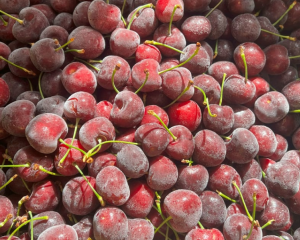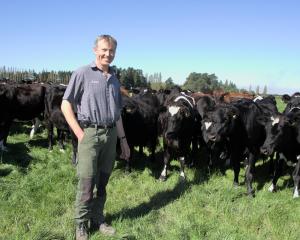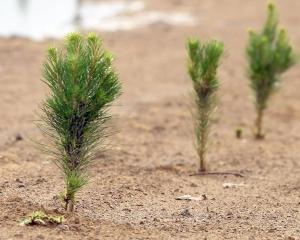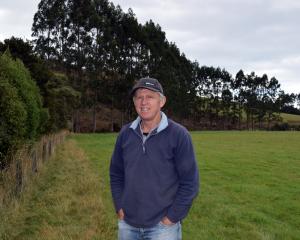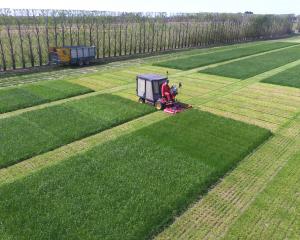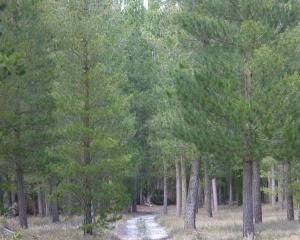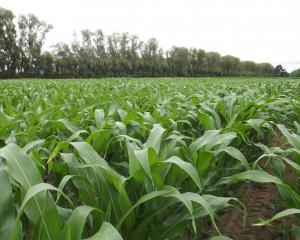
''I was working as a dairy worker on Pourakino Catchment member Ewen Matheson's farm and I was exposed to the work being done in the Pourakino by farmers to improve the quality of our waterways,'' Oraka Aparima Runaka member Jade Maguire said.
''Ultimately I saw potential not only to plant alongside waterways but to ultimately work towards regenerating native forests in our area.''
Mr Maguire runs a plant nursery at a marae which provides plants for local farmers to plant alongside their waterways and also acts as an education resource for local schools.
''While there's still a lot of work to do, we've taken what was an under-utilised shell at the marae and turned it into something that can help contribute to the future of the area,'' Mr Maguire said.
''Our goal now is to continue this development by attracting funds to upgrade the nursery and generate employment as well as continuing to provide a place of learning about native flora.''
This season will be the nursery's second year of providing plants to farmers, mainly in the Pourakino Valley.
Mr Maguire said the recent launch of the Aparima Community Environment (Ace) Project, which involves six Aparima catchment groups, should help increase the demand for plants of riparian planting among farmers, and the marae nursery is well-positioned to meet any demand for native plants.
In all there are more than 600 farms in the Ace area.
''Because riparian planting is such an important element in reducing run-off from farms, it's important to not only provide trees but to also provide a place of learning and training for people to learn how to improve the health of our water, environment and ultimately the people themselves,'' he said.
The marae has already held an open day, attended by more than 40 people, and more events are being planned.
Mr Maguire said developing the nursery had been a steep learning curve.
''Initially we had to work with whatever seeds we could access but this year we have been able to be more selective and have more control over what we are producing.
''As we progress we are also developing a better understanding of what farmers require for their planting.''
All the seeds have been sourced locally.
There was a knowledge gap across the sector as to what were the best plants for different situations and this was part of the learning curve for all concerned.
While progress in planting has been steady rather than spectacular, Mr Maguire said he understood the pressure farmers were under in meeting increasing demands for time and resources to improve water quality.
The plants being produced for use in riparian planting included carex secta, which was used for buffer zones, cabbage trees whose deep roots helped with erosion control and a range of pittosporum.
Mr Maguire said the marae was working with a programme at Invercargill Men's Prison to produce plants to sell to farmers.
''With the focus on planting trees through initiatives such as the One Billion Trees Programme, there is a need to upskill our people and provide the resources to get under way in our region,'' he said.
''I personally want to see 250,000 trees planted in our area by 2025.''


